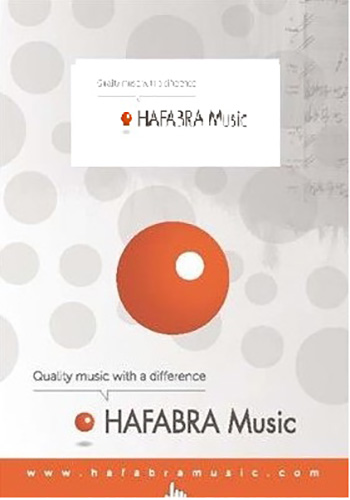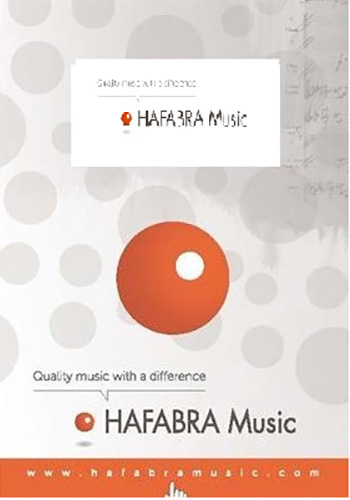Jean ABSIL

Jean Absil is a Belgian composer and teacher, born in Belgium in Péruwelz May 23, 1893 and died in Uccle (Brussels) February 2, 1974. After discussing the study of organ, piano and harmony with Alphonse Oeyen (organist at the Basilica of Bon-Secours), Absil in 1913 between the Royal Conservatory of Brussels where he studied organ with ( Class of Alphonse Desmet), piano and writing (counterpoint and fugue with Leon Du Bois) before the study orchestration and composition with Paul Gilson. In 1922, he won the second Prix de Rome (Belgium) with his cantata The War op. 2, and teaches practical harmony at the Brussels Conservatory where he was appointed professor in 1936. Soon, he departs from his master's designs on the orchestration and move towards contemporary production. He spent some time in Paris, where he won the Prix Rubens in 1934, and founded the International Journal of Music (1938). The group leader Mermaid, he made known contemporary music. His concerto for piano imposed in the first competition of 1938 Ysaÿe (ancestor of the Queen Elisabeth Competition) gives it an international reputation. Director for 40 years, the Music Academy of Etterbeek to which he gave his name in 1963, this undisputed teacher trained generations of composers, he was in fact also appointed professor of fugue at the Royal Conservatory of Brussels and the Queen Elisabeth Music Chapel. He was elected to the Royal Academy of Belgium in 1955, and was awarded the Five-Year Government of Belgium in 1964. Musician trained in the former, his teachers did not make him look any composer later that Cesar Franck with Gilson, he approached the orchestration of Wagner, Richard Strauss and Russian nationalists, however, at the time he entered Conservatory, Stravinsky was already distinguished in Paris! This is by attending concerts in Brussels by the Pro Arte Quartet he became aware of works by Milhaud, Hindemith and Schoenberg, he attended rehearsals often even of this quartet to better soak these for new music him. It is therefore by itself qu'Absil forged his own very personal, consistent and applied it to various forms, its aesthetic unity defining personality in defying time. Composer rigorous, curious about all the new trends in the art sound, Absil meet in a synthesis of the French School, Stravinsky, Bartók, whom he greatly admired, and he followed the example by studying the traditional music of Romania and other countries, and the polytonal music, atonal and serial. The composer invented new modes of a work he renewed to another. Of these modes arise from agreements, agreements for different classical least are not filled as these meanings expressive of tension and relaxation. One must also note that if in 1938, Absil sought to make his scores more accessible, he ceased to make any concession in 1963, after which he devoted himself almost exclusively to instrumental music. A secondary school in Brussels, the Royal Athenaeum of Etterbeek bears his name: Royal Athenaeum Jean Absil. Google machine translation: Jean ABSIL's original bio |
 |
| ||
| Jean ABSIL Publisher : Martinus Genre : Orchestra Group : Prestige collection Style & options : Original music |
Set Wind Band (MT296-BA) : € 343,40 Full score (MT296-CO) : € 68,68 |
||
 |
| ||
| Jean ABSIL Publisher : Martinus Genre : Orchestra Group : Prestige collection Style & options : Original music |
Set Wind Band (MT295-BA) : € 343,40 Full score (MT295-CO) : € 68,68 |
||
